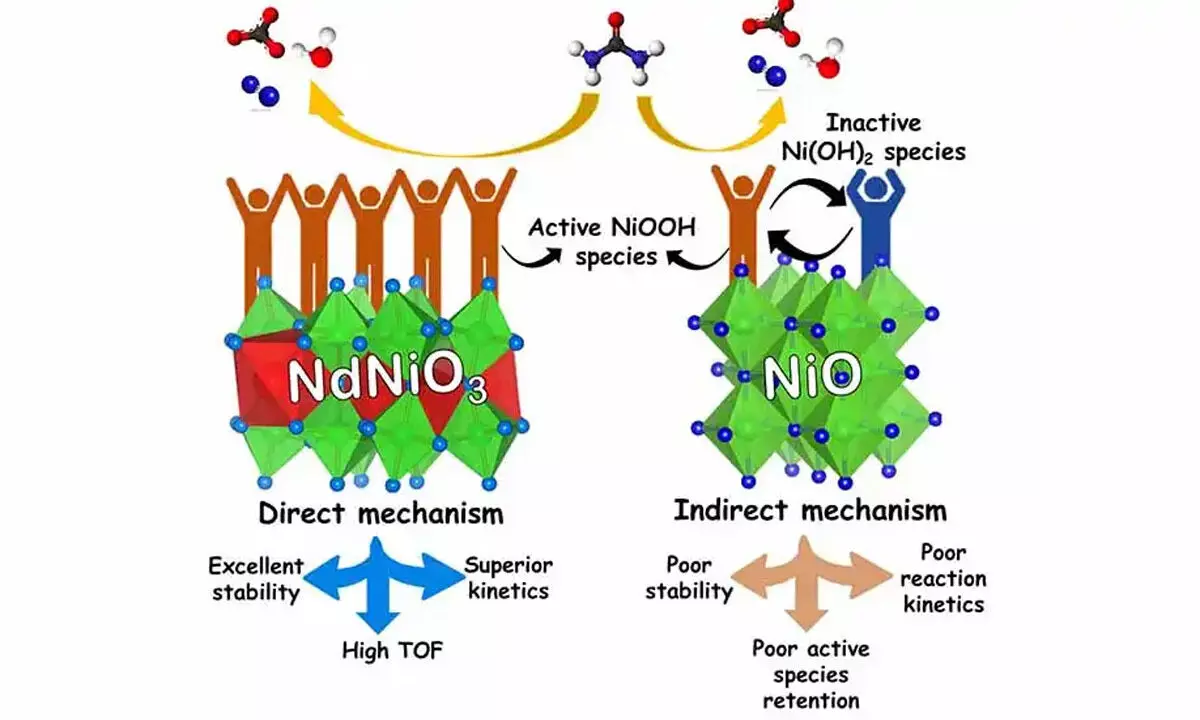Live
- Chintamaneni Prabhakar's Election Campaign Gains Momentum in Denduluru Constituency
- International Dance Day 2024: History, Significance, and Types of Classical Dance Forms
- MLA Candidate Chirri Balaraju Leads Election Campaign in Polavaram Constituency
- Will you continue with INDIA-MVA post-polls: Prakash Ambedkar to Uddhav Thackeray
- 86 pc Indian firms see positive relationship between sustainability & profitability: Report
- Petition filed in Calcutta HC against Abhishek Banerjee over anti-judiciary comments
- Indian Ocean & Bay of Bengal potential CO2 sinks: IIT Madras study
- My philosophy is - don’t try to be something that you're not: Gillespie on Pakistan Test coach role
- Sunita Kejriwal, Atishi meet Delhi CM in Tihar jail
- Defeat Shettar just as he was defeated in Hubballi: CM









